The mantelpieces of many an Asian family in Leicester and London, it is said, sport two framed photographs. One is of Idi Amin, the African dictator who expelled them from Uganda; the other is of Edward Heath, the prime minister who allowed them in. ‘This double gratitude,’ writes Lucy Fulford, ‘says thanks for throwing us out and thanks for taking us in.’
If the expulsion from ‘the Pearl of Africa’ of 80,000 Asians was the most traumatic experience of their lives, many also retro-actively recognise it as the best thing that ever happened. It’s a juxtaposition explored in this detailed account of what ensued when Uganda’s quixotic despot gave an ethnic minority he accused of economic sabotage just 90 days to leave in 1972.
Last year marked the 50-year anniversary of this jarring episode, so this book lands a little late. But it is enriched by the author’s intimate family involvement. Her Indian grandparents were recruited in 1953 to teach in what was then the British protectorate of Uganda. Her mother was among those expelled to Britain, while she herself was born in Australia. The book is, among other things, an attempt to answer the question: Where, exactly, is home?
Fulford has put in the footwork, tracing the routes followed by businessmen, civil servants and middle managers from plantations and trading stations in Jinja, Gulu and Kampala, via refugee camps hurriedly created in former barracks, to new lives in Bristol, Leicester, London and beyond, since Canada and Australia also took in a share of the expellees.
The book is full of the sights, smells and tastes of what most remember as a lost utopia (what can be more evocative than recipes?) and peppered with intriguing nuggets. Limited to 20kg of luggage, departing Asians filled teddy bears with jewellery, sewed pound notes into shoes and baked diamonds into fried snacks taken aboard their last flights out. If some handed the keys to their Mercedes to black colleagues at Entebbe’s airport, others poured chemicals into fuel tanks to ensure the cars could never be used again.
A feisty, first-time author, Fulford is determined to challenge well-worn narratives. She rejects the binary distinction, still in use today, between the ‘good immigrant’ who becomes an entrepreneurial role model and the ‘bad immigrant’, leeching off the state. Ugandan Asians have long been assigned the former slot, but she jibs on principle at the notion that ‘as a migrant you need to prove your worth before you are accepted’.
Her second beef is with a host nation’s expectation of constant, fawning gratitude. ‘Too often in this version of the narrative, the British government is the hero, when you’ll in fact see they did everything they could to avoid welcoming their own citizens.’ Britain, which had originally brought Indians to East Africa to form a professional middle class to serve as a buffer in the racial sandwich of its colonies, was simply shouldering its historic responsibilities, after all. And despite Heath’s later fond recollections, civil servants actually spent months searching for alternative destinations before grudgingly accepting that the government had to step up to the mark.
These seem valid criticisms. But in her final chapters, Fulford takes on a far more ambitious, amorphous grievance: not just modern-day race relations and the Conservatives’ ‘hostile environment’ immigration policy – ironically embraced by several politicians of East African Asian ancestry – but Britain’s entire history of colonialism. She cites some familiar voices – Kehinde Andrews, Afua Hirsch, David Olusoga and Sathnam Sanghera – to present the Ugandan Asian expulsion story as the inevitable outcome of an abhorrent project whose examination is long overdue: a ‘secret hidden in plain sight’. But three years since George Floyd’s killing, with the impact of Black Lives Matter tangible in everything from car adverts to children’s picture books, many readers will feel, on the contrary, that the story of empire has been pretty thoroughly examined of late, but from only one perspective.
Fulford’s preoccupation with empire strips Amin of much of his agency, and his motivation remains, accordingly, something of a mystery. She never really explains how this community was so easily scapegoated, nor why the expulsions caused jubilation across East Africa at the time. If President Julius Nyerere maintained a discreet silence, ordinary Tanzanians celebrated Amin’s announcement, and President Jomo Kenyatta was wildly applauded when he told a Mombasa rally that Kenyans were ready to help Asians in his country to pack.
The columnist Yasmin Alibhai-Brown has been more candid, acknowledging the insularity which fuelled such hostility:
We Asians did not share our wealth and skills as much as we should have, and we did illegally send out money – both accusations levelled by Amin. Most Asians were deeply racist, unable to imagine marrying Africans and living with them as equals.
After seizing power in 1986, the former rebel leader Yoweri Museveni invited dispossessed Asians to return to Uganda and reclaim their properties and businesses. Some – including several prominent families – have taken up the offer. The returnees tread more carefully than their predecessors, one hears, all too aware of the risks of non-integration.
Got something to add? Join the discussion and comment below.
Get 10 issues for just $10
Subscribe to The Spectator Australia today for the next 10 magazine issues, plus full online access, for just $10.
You might disagree with half of it, but you’ll enjoy reading all of it. Try your first month for free, then just $2 a week for the remainder of your first year.

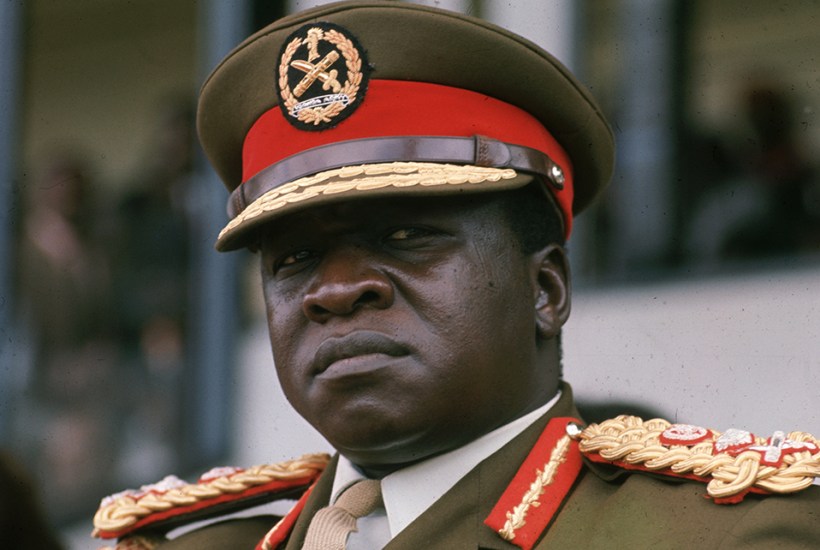

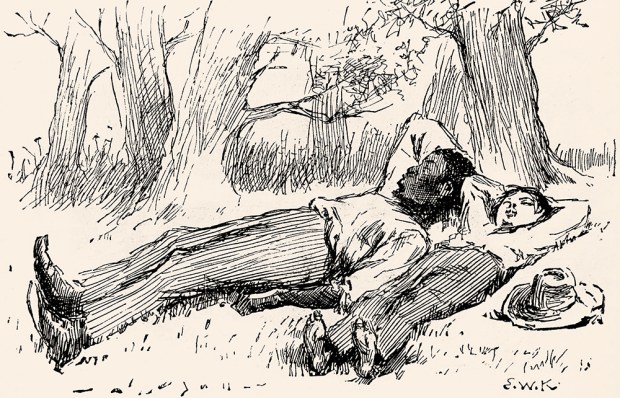
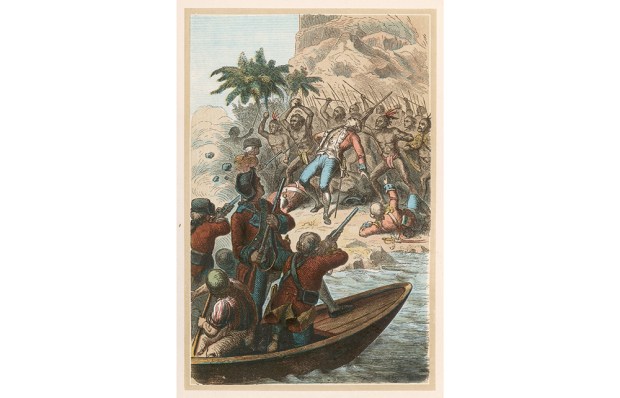

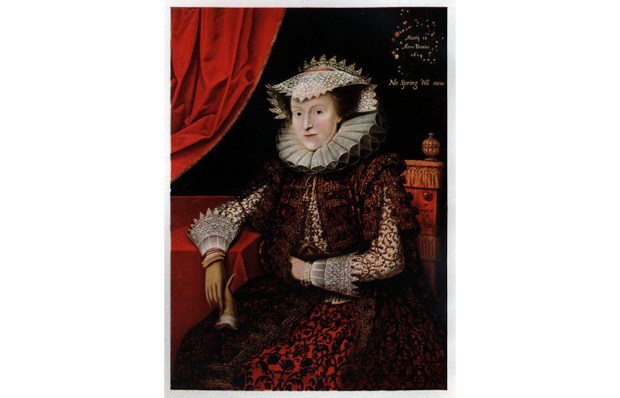
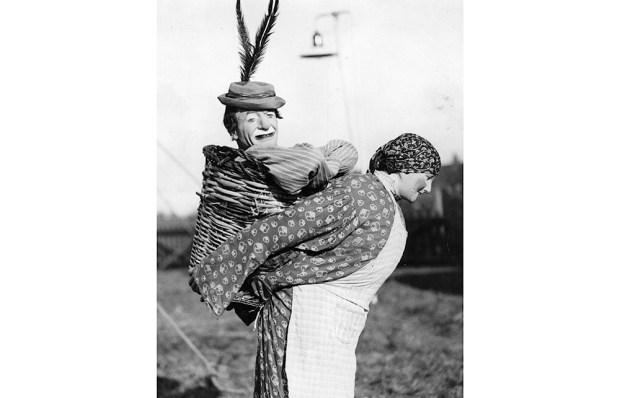






Comments
Don't miss out
Join the conversation with other Spectator Australia readers. Subscribe to leave a comment.
SUBSCRIBEAlready a subscriber? Log in